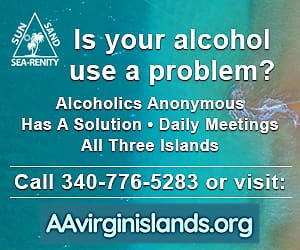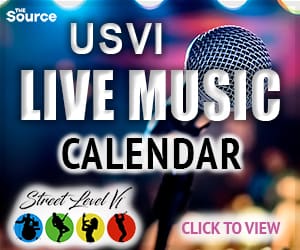Bajo El Sol, the gallery and art bar in Cruz Bay, is hosting a book launch on Saturday, Nov. 2, from 4 to 7 p.m. to introduce historian David W. Knight Sr.’s new book “On the Outskirts of Eden.”
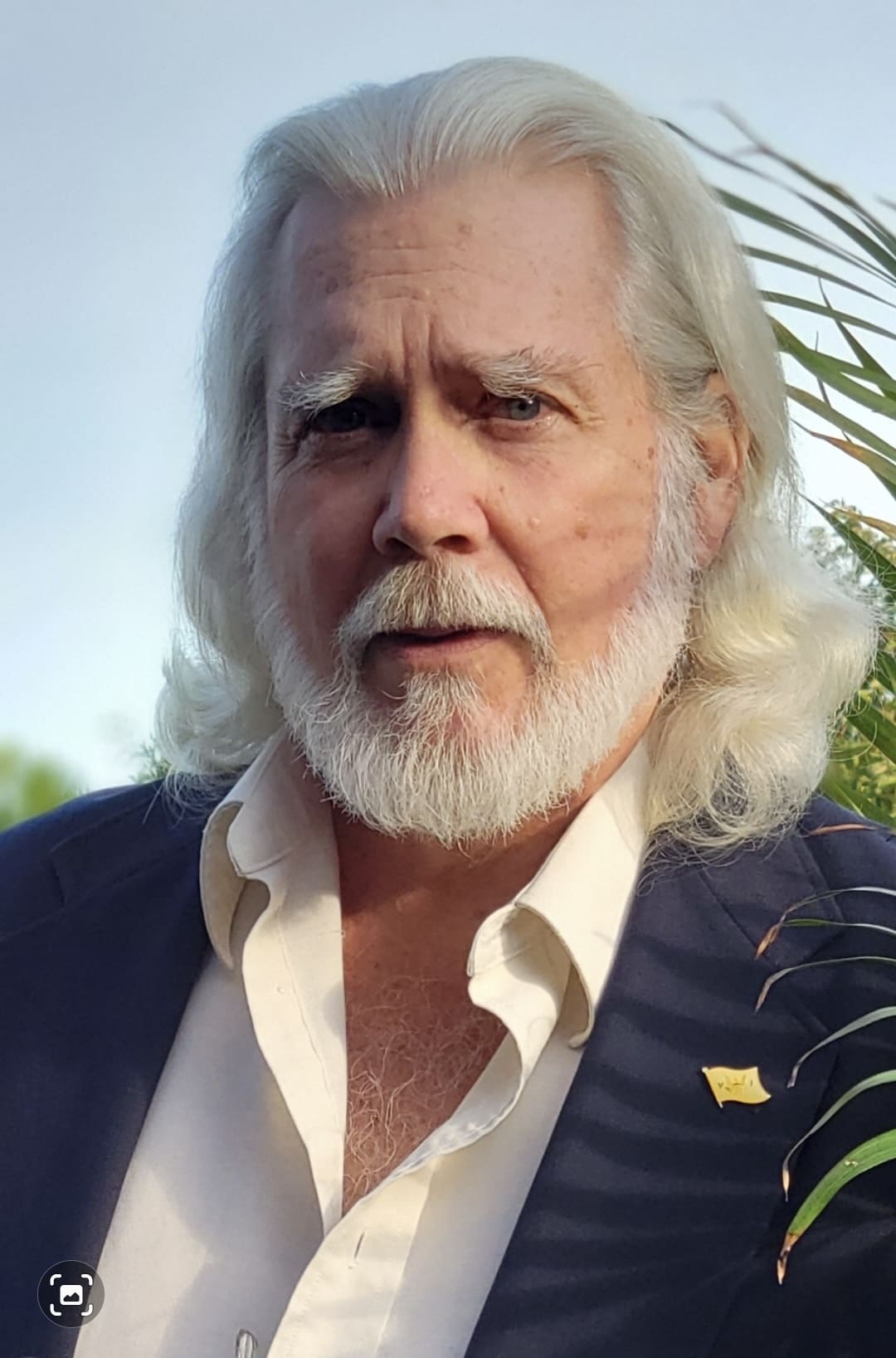
The book is the result of five years of research and more. “In reality, this is pretty much a culmination of my life’s work. This book has been percolating in my mind for over twenty years now,” said Knight.
Knight has spent countless hours combing through archives and examining historical records to clarify a misunderstood period of Virgin Islands history. The book’s true purpose is revealed in its complete title: “On the Outskirts of Eden; Exploring the Roots of Creole Society in the Virgin Islands, 1492 – 1672.”

“Textbook narratives imply that the Danes arrived on St. Thomas in the 1600s and established the first European colony,” Knight said. “That is total malarkey. The truth is, St. Thomas was annexed by a Danish sponsored trading company in 1672 and prior to that date there was some 200 years of European presence on and around the island that has largely escaped our historical consciousness.”
That 200 years was a period of war among European nations emerging from the late medieval period into the modern age, according to Knight. Taking advantage of new technologies that made navigation easier, the Spanish, Dutch, English and French all brought their battles to the New World.
It’s well known that this was a period of genocide, disease and enslavement, resulting in decimation of Indigenous populations in the Caribbean. However, “The standard narrative that the Indigenous people were all slaughtered or died off clearly is not the case,” Knight said.
“In the past, historians have largely missed, or ignored, the huge Indigenous diaspora that occurred after the arrival of European colonists. Now there’s all this Indigenous genetic material showing up in [modern people’s] DNA.” Knight cites as an example the heritage of his daughter-in-law, Priscilla Hintz Rivera. Knight co-owns Bajo El Sol with Knight’s son, David Knight Jr.
Part of the reason for this relatively blank period in Caribbean history is that most of what is popularly known about Virgin Islands history is based upon Danish sources, but the USVI did not become a Danish crown colony — with its laws, courts, language, social structures, and record keeping — until 1755.
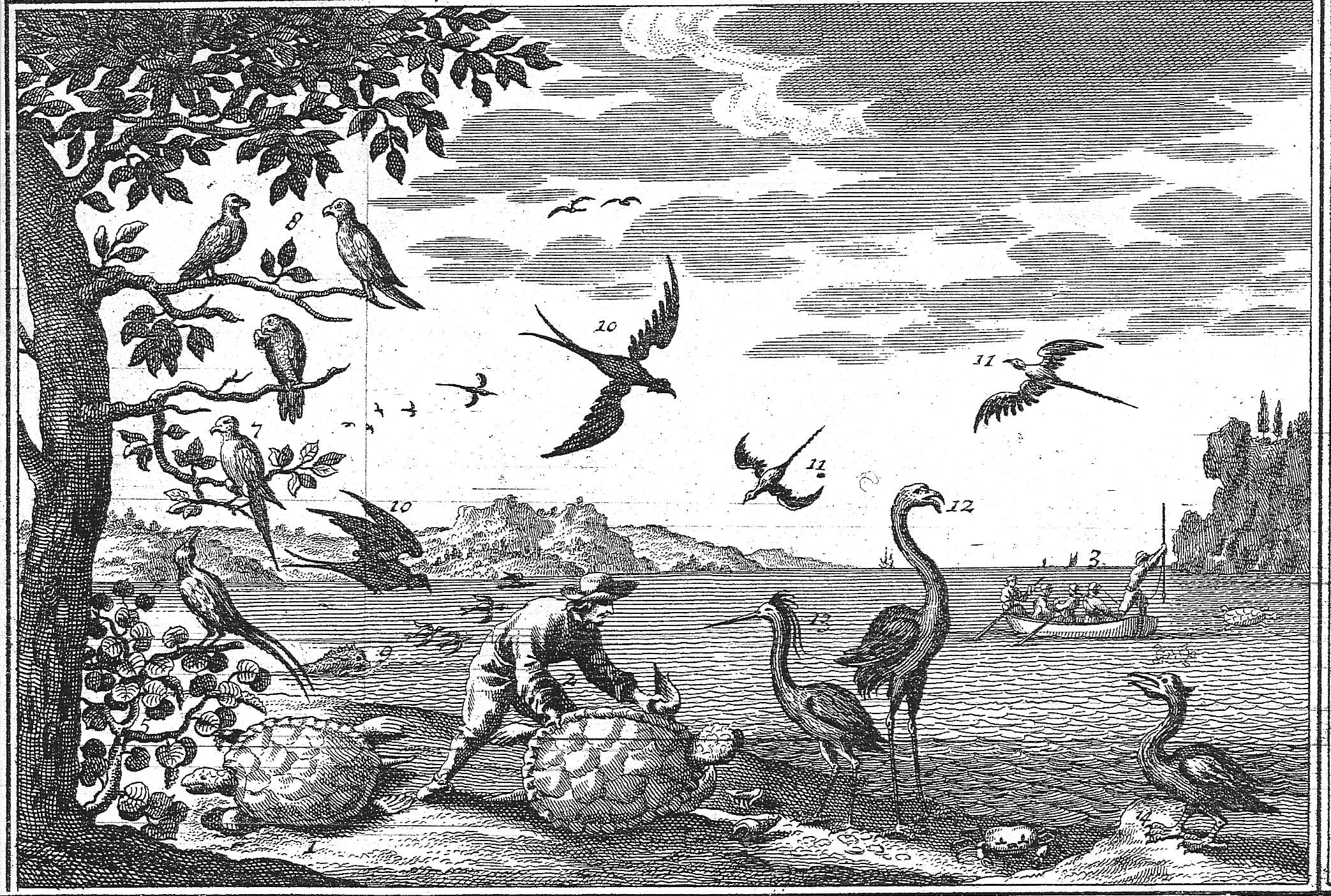
“By 1498, the epicenter of contact (between Europeans and ‘The New World’) was the area between Cuba and Puerto Rico, including Hispaniola, Columbus’ first settlement. Whatever happened in Santo Domingo emanated out and affected Puerto Rico and the Virgin Islands,” Knight said. “Therefore, the early colonial history of the islands is not Danish, but Spanish – followed by the Dutch, English, and, to some degree, French.”
Early European adventurers were “hot off the Crusades,” Knight continued. These “sea-rovers” ran the gamut from “knights to riffraff” — all types of men — but very few women.
It follows that these men arriving by ship had sexual relations with Indigenous women, and the result was Creole children. “Some was by rape, but not all of it,” Knight said. “There was extensive racial mingling and cohabitation. As long as those unions were legitimized by the church and the offspring baptized, those Creole children were thereafter officially recorded as ‘Christian.’”
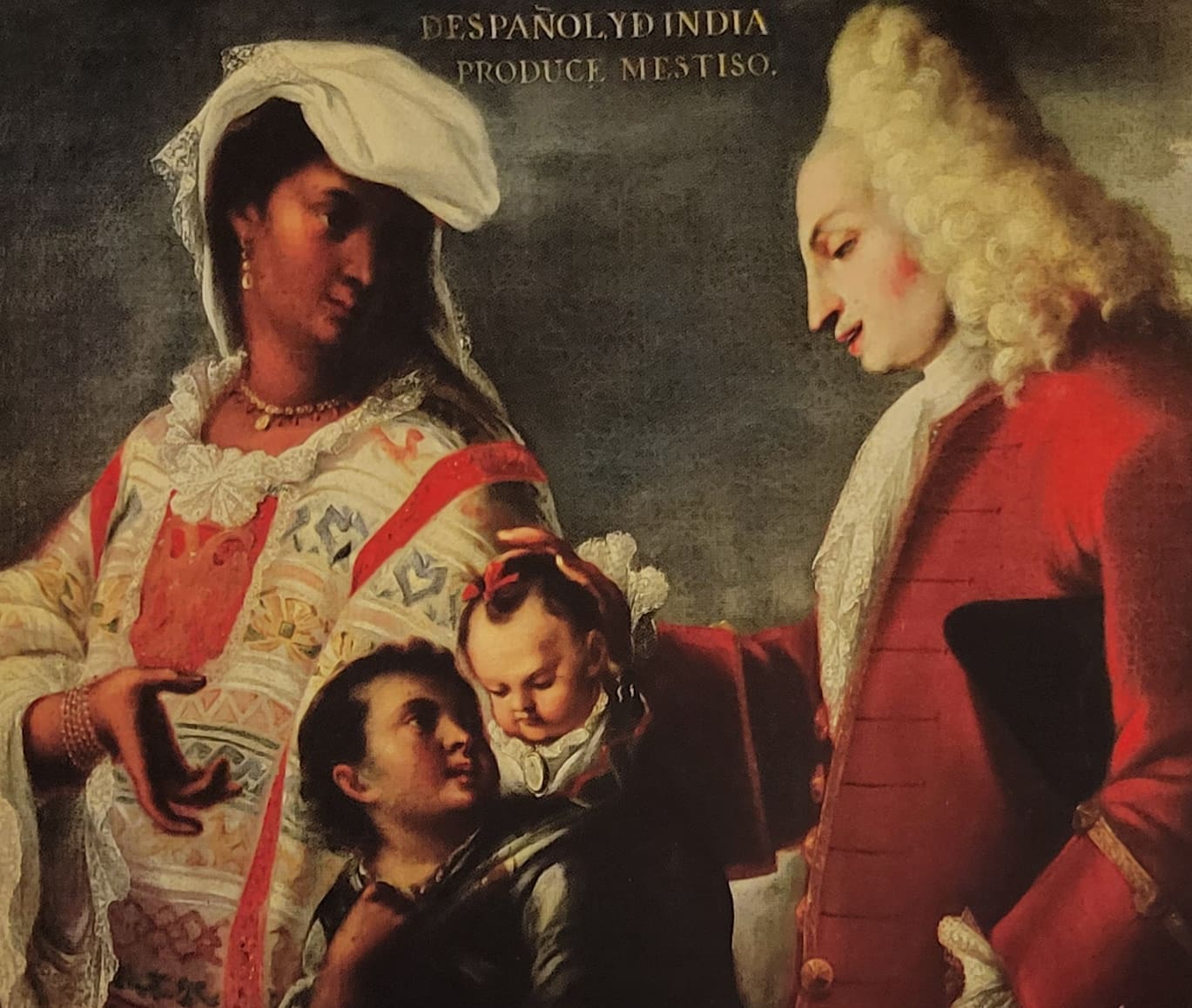
“If you were a Christian, you were accepted as a free member of the colony. Ethnicity and/or color didn’t matter,” Knight continued. “But scholars throughout the centuries have interpreted the term ‘Christian’ to mean ‘European,’ and that misunderstanding has persisted.”
When the Danish West Indian Company took control over the island of St. Thomas in 1672, a significant number of Christian “Creoles” (persons born in the West Indies) were among the island’s earliest settlers. By 1686, when the first comprehensive census of the colony was compiled, nearly 50 percent of the island’s population were Creoles, according to Knight.
Knight searched the earliest records of the Danish colony on St. Thomas and found 88 adult Creole individuals – whom he identifies by name and place of birth in his new book – all born in the West Indies before the Danish annexation of St. Thomas in 1672. “The staggering fact was that 70 percent of these individuals were women,” he said.
Why women predominated is a primary topic of Mr. Knight’s book and something he plans to address in more detail at the book launch.
The new book — a slim volume of about one hundred pages — condenses hundreds of pages of information from primary sources. “Most of my other books have been either genealogical reference works or historical background studies. This book is more of a hybrid, with plenty of illustrations and both narrative and reference sections. A comprehensive bibliography with suggestions for further reading is also included,” Knight said.
For further information, contact Bajo El Sol at https://www.bajoelsolgallery.com or call 340-693-7070. For further information about Knight and his other works, please click this link: https://www.davidwknightsr.com.





